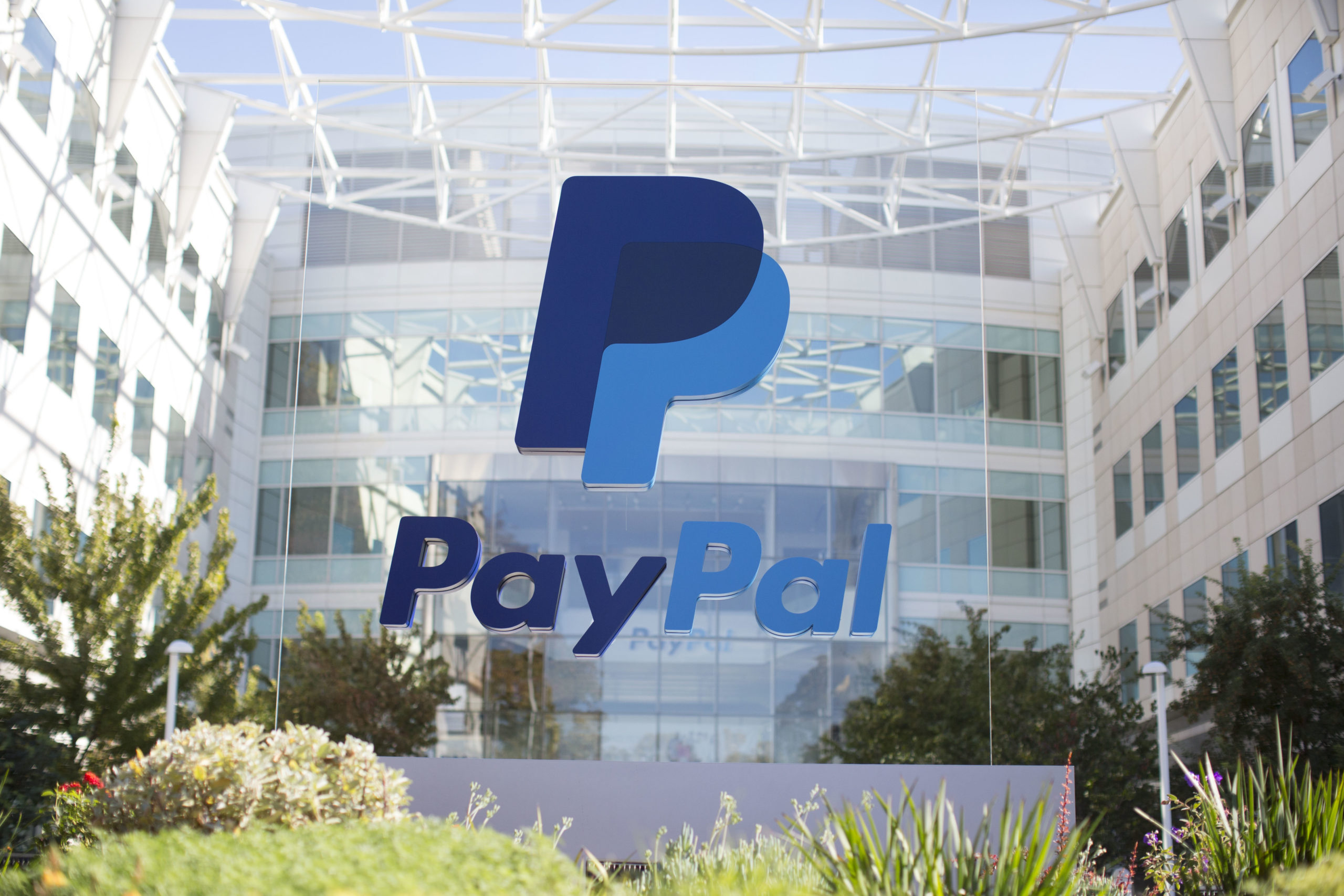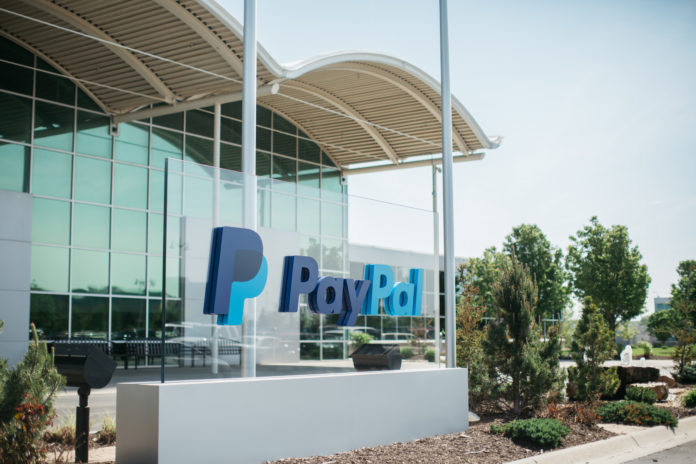In the bustling markets of Pakistan, where traditional markets have been seen thriving, all while being amidst a rapidly growing digital economy, the absence of PayPal, who is a global leader in online payments, poses quite a unique conundrum. Let’s explore the complexities of PayPal‘s decision to stay out of the Pakistani market, and the effects on the country’s IT industry.
What Is Paypal?
PayPal serves as a platform for safe and efficient international transactions, making it stand out like a beacon of financial connectivity in the global economy. Due to its reputation for making cross-border payments simple, both the people, as well as the corporations highly value this service.

PayPal‘s large network, easy-to-use interface, and strong security procedures make it a unique service that no one else can offer. Because of these characteristics, it has become the preferred option for freelancers and customers from around the world, building confidence and streamlining the payment process.
You may find yourself asking, but why would we even need it in the first place? For Pakistanis, the benefits of using a PayPal account are far too many. It offers lower transaction costs, more financial security, and access to a larger global market. Because of these crucial factors, it has gained a widespread fan-base, especially alluring to the growing freelancing population.
The Promise And The Letdown
The people of Pakistan have been anxiously waiting for Paypal to make its entry into the market. Years of numerous administrations have even made promises of bringing it to their beloved country. This time, however, a huge surge in the number of freelancers caught the country’s officials’ attention, prompting the introduction of new policies and the initiation of plans to finally realize the dream, but alas, it all proved to be just a mirage.
Disappointment followed months of anticipation when PayPal’s formal debut in Pakistan failed to materialize yet again. The story that officials crafted, implying their impending arrival, proved to be a hoax, leading many to doubt the veracity of such assertions. A silver lining arose in spite of the setback: third-party apps like Payoneer have made it easier for people to use PayPal’s services indirectly. Even though it’s not ideal, this setup has made it possible to temporarily receive foreign payments via Paypal.
The contract between PayPal and Payoneer was not influenced by the Pakistan IT Minister, despite what is being believed. This refutes the idea that the officials had any say in the relationship. Many were quick to criticize the IT officials who tried to claim fame for something Payoneer had been working on for quite some time now.

While others have started pointing out the deteriorating situation of the IT sector in Pakistan and that no amount of policies made by the past/ current governments have resolved them. They also shared light on how, instead of having banks facilitate freelancers, they are being charged exorbitant fees or provided with unfair exchange rates.

Hard Pill To Swallow
Pakistan’s IT industry confronts many challenges; freelancers struggle with insufficient payment channels and poor infrastructure. These difficulties highlight the requirement for a reliable digital payment system that can accommodate the skilled labor force in the nation.
PayPal however, has refrained from discussing its potential entry into the Pakistani market, citing a number of operational and legal issues. The ecology surrounding digital payments is now empty, waiting for an answer. PayPal‘s integration with Pakistan’s financial system has the potential to be revolutionary, opening up new trade opportunities, improving company accessibility, and driving the IT industry to new heights. But for now, it seems to remain a dream for many.
Stay tuned for more tech updates like these; this is your soon-to-be favorite friendly neighborhood techie Zayaan, Signing Off!









































